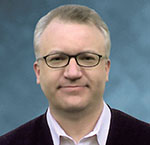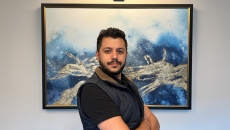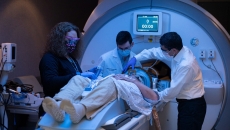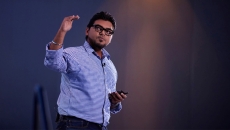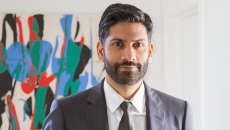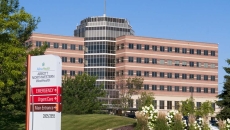Bill Siwicki
IT leaders need to take a step back and ensure they are truly prepared to use large language models, says one computer scientist who offers detailed deployment advice.
Noninvasive diagnostics are the life's work of Ron Erickson, founder of Know Labs. He explains radio frequency technology and how it could change the course of diabetes care.
Success Stories & ROI
More than two-thirds of the health system's abdominal CTs, chest MRIs and PET-CTs now have interactive links to key findings – and radiologists are finding that capability hugely useful, its associate CMIO reports.
Dr. Terri Shieh-Newton, a member at global law firm Mintz, discusses some of the challenging questions that arise when deploying AI, and offers some perspective for healthcare and technology leaders.
Signs point to yes – and mature remote patient monitoring and telemedicine tools will be key to helping providers capitalize on the shift, one technology leader says.
Incorporating cloud-native architecture, agile methodologies, product-driven development and DevOps all are needed, says Dr. Melek Somai, CTO at Inception Health, a subsidiary of Froedtert Health.
"As AI capabilities continue to improve, health systems will be able to provide a more seamless, coordinated and comprehensive experience for each patient," says the chief technology officer of BD.
Generative AI can help recruit the next generation to work in the healthcare industry by simplifying difficult and labor-intensive processes, one physician AI expert states.
The healthcare lead at research and consulting giant Accenture lays out how to get proprietary data ready, establish the right controls and harmonize people with the tech.
Success Stories & ROI
That's been in med-surg and the ICU. In the ED, the health system has discharged 63% of its patients to outpatient plans with the help of telepsychiatry.
